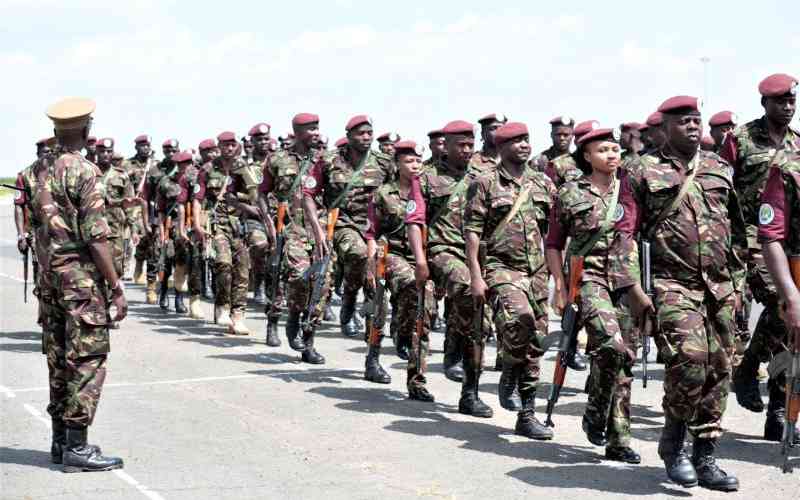×
The Standard e-Paper
Home To Bold Columnists

Kenya's security and military expenditure has hit a record high as the country grapples with insecurity locally and regionally.
The latest report on government spending indicates that the Ministry of Defence, the National Intelligence Service (NIS), and the Kenya Police were among the top departments to receive billions in additional funds for the financial year 2023/2024.